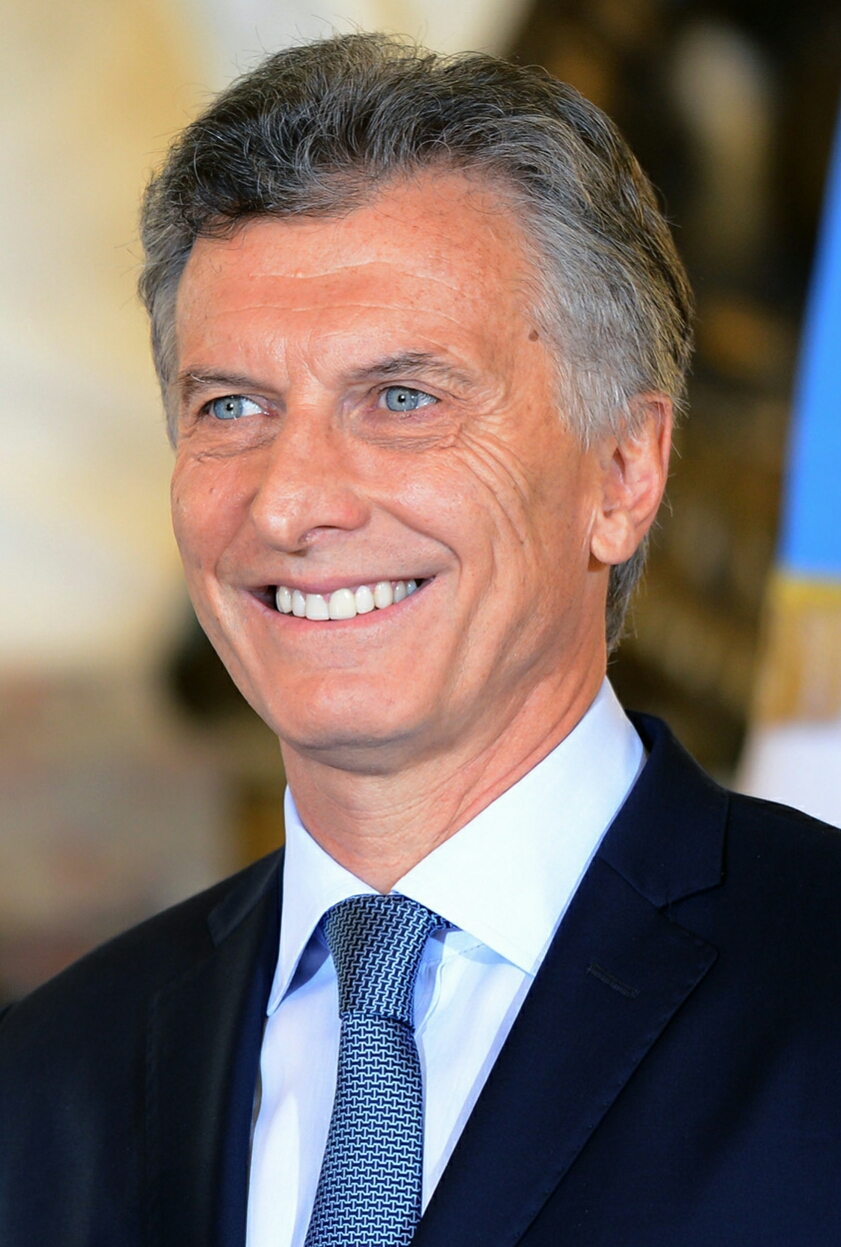Subsidies reduced, inflation on rise, Macri is failing to revive Argentinian economy

- Country:
- Argentina
Argentine President Mauricio Macri is fighting economic fires on all fronts. Rein in inflation and cuts to utility subsidies threaten to rekindle it while also fueling public anger; get a tumbling peso in check by jacking up interest only to find industrial output has hit an almost two-decade low.
The centre-right leader, on some fronts, is enjoying a rare period of calm: the peso has stabilised after losing half its value against the dollar last year, rampant inflation has stabilized. Look elsewhere, though, and other problems are surfacing. Consumer confidence is at its lowest since a devastating financial crisis in 2001-2002; industrial output slid 15 per cent in December and Macri's popularity has tumbled.
"You can't do everything at the same time," said Nicolas Alonzo, Buenos Aires-based economic analyst at financial consultancy Orlando Ferreres & Asociados. "In the world of economic policies it's very hard to simultaneously meet multiple targets, which in Argentina's case would be to bring down the inflation rate and expand economically at the same time."
Whether "Macri economics" will succeed in stabilizing the $392-billion economy and restoring it to growth will be key for the outcome of elections in October and determine whether Argentina sticks with reforms backed by the International Monetary Fund or returns to leftist policies of former president Cristina Fernández de Kirchner. (Graphic: https://tmsnrt.rs/2tfkPMT) A team for the IMF is expected in Buenos Aires on Monday as part of a third review of Macri's progress under a $56.3 billion loan agreement with the international lender in which Argentina committed itself to stringent economic targets.
While a reduction in government subsidies, including those that have kept utility costs low, is part of that commitment, "tarifazos" - sharp hikes in households' water, gas and electricity - are a major headache for Macri. They not only threaten to add fuel to inflation, which has already severely reduced consumers' spending power, but have also sparked regular street protests, energized political opposition and dented Macri's popularity.
The president's approval rate sits at around 41 per cent and there is little he can do to shore up his popularity given his economic toolkit is limited by the fiscal and economic targets agreed with IMF, analysts say. They note, however, that with a fragmented opposition and his predecessor Fernandez de Kirchner under a shadow of corruption charges, Macri may still have a shot at reelection.
(With inputs from agencies.)
- READ MORE ON:
- Mauricio Macri
- Presidency of Mauricio Macri
- Survey methodology
- Argentine tango
- Argentine cuisine
- Argentine peso
- The leader in me
- Majority leader
- Team Leader
- Mr Lender
- Commercial lender
- Self Lender- Inc.
- Cristina Fernández de Kirchner
- President of Argentina
- Eduardo Feinmann
- Systems analyst
- Business Analyst
- Financial Analyst
- Elsewhere on 10th
- The Books of Elsewhere
ALSO READ
ISRO's Chandrayaan-3 team receives John L "Jack" Swigert Jr award at space symposium
Goa businessman arrested following explosion at his cashew farm; forensic team dispatched to investigate
Want to maintain CSK team culture as captain in 2022: Gaikwad
Chandrayaan-3 team receives 2024 John L. ’Jack’ Swigert Jr. Award for Space Exploration
Billie Jean King Cup 2024: Indian women's tennis team blank Pacific Oceania 3-0










